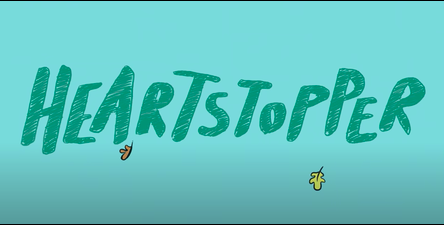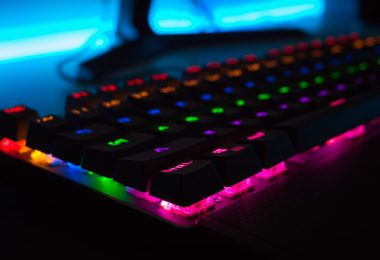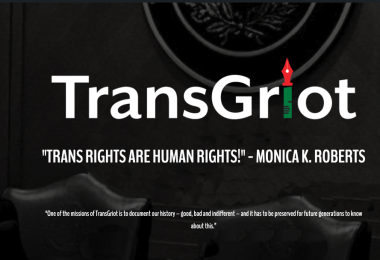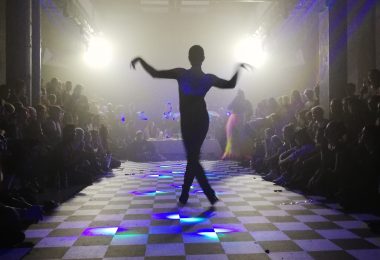When it comes to Black trans characters in television, the pickings are already quite slim. When it comes to those characters being youth, the pickings become even slimmer. In a societal landscape that continues villainizing trans people and legislating against trans existence, a character like Elle is a godsend. Elle (from Alice Oseman’s Heartstopper, currently streaming on Netflix), is a trans girl who is able to transition in her teenage years with supportive parents, teachers, and friends. This is all that any of today’s trans children could wish for, let alone the trans children who are also Black. And honestly, it’s likely a fantasy many trans adults wish they could possess as well. A commonly expressed sentiment after the show’s first season was melancholia by many adults whose queer childhoods were more isolating and demoralizing than the experiences of the characters in the show. Many have not had openly queer childhoods at all.
Even with the show’s overarching tone of hope and optimism, its characters are not completely exempt from the adversities of reality– as proven by its newest installment. Heartstopper’s second season subverts the former critiques of those who claimed the show was playing it too safe. Characters battle more grim subjects such as eating disorders, parental neglect, and abuse. The show expertly maintains an equilibrium between its sappily sweet idealism and the more unsavory sides of reality. However, this isn’t the only component of the story the show has to balance.
Heartstopper is ultimately structured around Nick and Charlie as the focal points of the story, which means that other characters have parts of their arcs omitted. For example, it makes frequent references to Charlie being viciously bullied, and the audience witnesses Charlie’s related struggles with trauma, self-worth, and attachment. If Charlie, a cis gay boy, was bullied to such a severe extent, Elle as a trans girl must also have experienced similar adversity. However, aside from a few offhand mentions, the show gives no indication that she has faced similar challenges. This strikes me as a missed opportunity to further characterize and spotlight Elle.
In the second season, Elle has a plotline where she considers transferring from the all girls school she had recently started attending in the first season. Her prospective school has a concentration in art and is (by no exaggeration) a safehaven for trans teens. Elle is clearly overjoyed to be in this environment, quickly befriending Naomi and Felix, who are transfeminine and transmasculine teens, respectively. Elle describes the school as a refreshing change from her current school where “everybody know[s her] as the trans girl.” As interesting a thread as that sounds, it was somewhat disappointing that it felt told rather than shown.
Let’s not be mistaken, this is not a call for Elle to be subjected to needless suffering. Rather it is an observation that the series has been very real and tactful in presenting the grimmer struggles of Charlie, Nick, and Darcy, and it is a question whether Elle can receive a similar type of attention. Of course the other characters mentioned are cis, and transness is a largely uncharted territory of representation– making the task harder. But given how well Heartstopper has excelled in all other avenues of queer representation, it would be just the show to take that risk, and perhaps even make it happen.
I eagerly await Heartstopper’s next season as well as what’s next in the career of Yasmin Finney (Elle’s actress). For Elle in particular I’m interested to see what’s in store for her at her new school. As she further establishes herself in trans community, will she find distance or strain on her relationships with her cis friends, especially her boyfriend? We’ll simply have to wait and see…
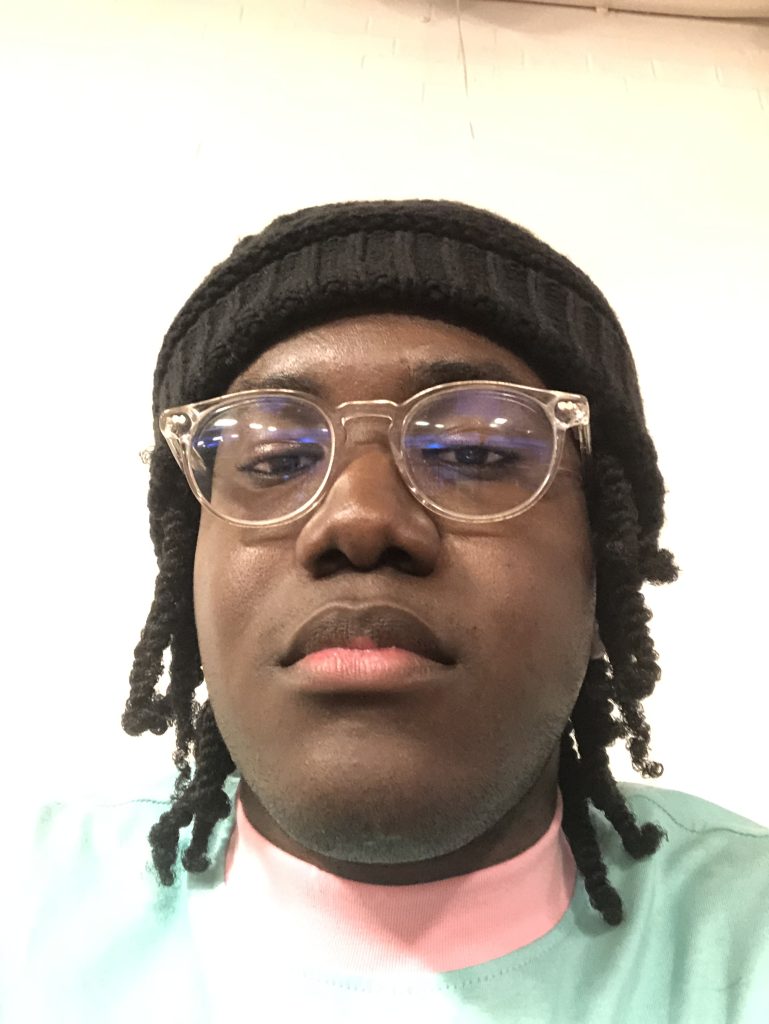
Eness Scott (They/She/He) is an aspiring writer with interests in ballroom and cultural archivism. They are a pan-afrikanist Black anarchic radical who is darkskinned, neurodivergent, and genderfluid. Everything they do is for fellow queer and trans Afro-Diasporans.

